Home>Dining>Tableware>How To Remove Water Stains From Glassware
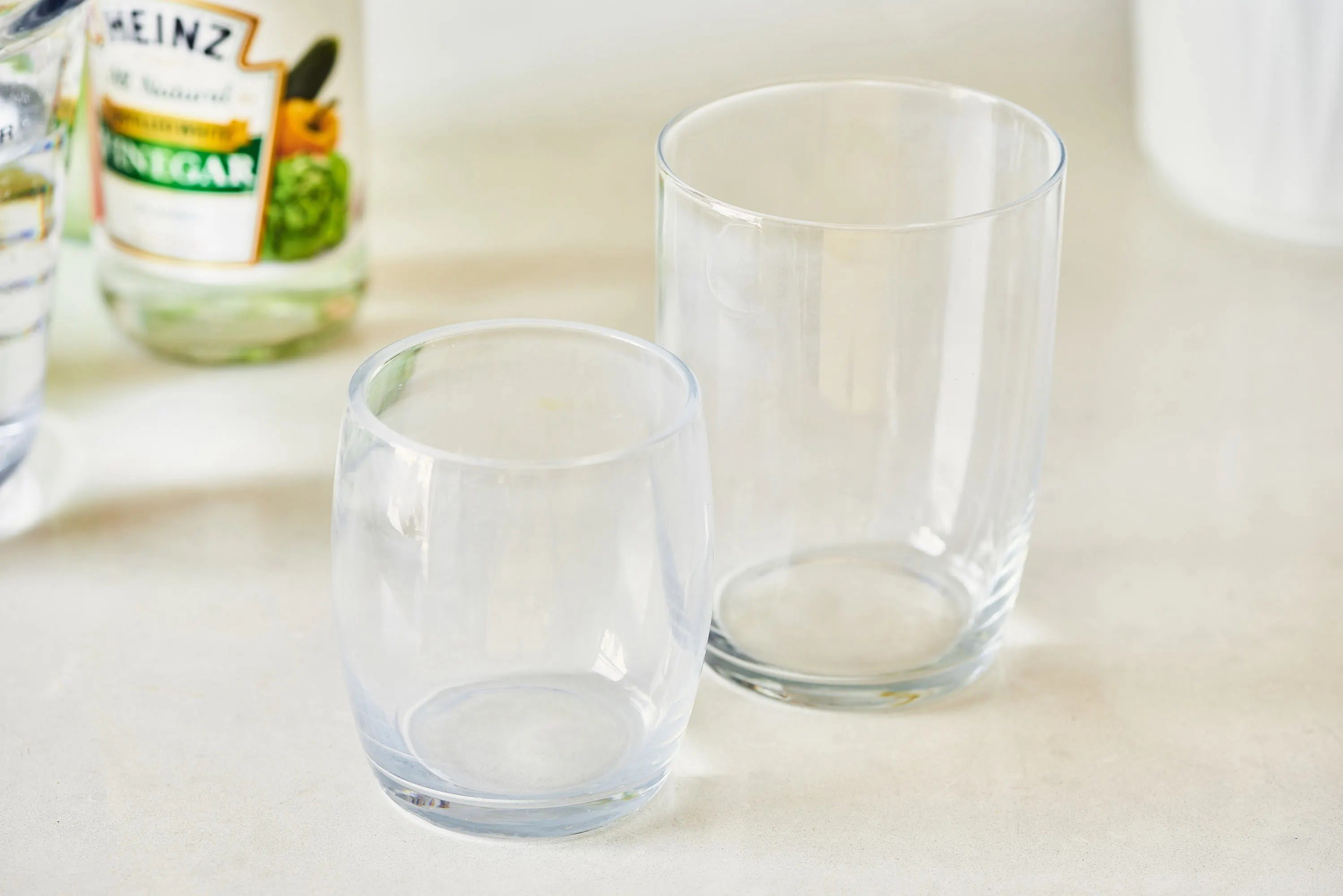

Tableware
How To Remove Water Stains From Glassware
Modified: October 19, 2024
Learn how to easily remove water stains from your glassware and bring back their shine. Discover effective tips and tricks for cleaning tableware at home.
(Many of the links in this article redirect to a specific reviewed product. Your purchase of these products through affiliate links helps to generate commission for Storables.com, at no extra cost. Learn more)
Introduction
When it comes to tableware, nothing is more frustrating than finding unsightly water stains on your beautiful glassware. Whether it’s your prized wine glasses, elegant crystal goblets, or everyday drinking glasses, water stains can detract from their appearance and make them look dull and unappealing. Fortunately, there are several methods you can use to effectively remove water stains and restore the brilliance of your glassware.
In this article, we will explore common methods for removing water stains from glassware, using simple household ingredients and commercial products. From vinegar and lemon juice to toothpaste and glassware cleaners, we will cover a range of options so you can choose the method that works best for you.
Before diving into the specific methods, it’s important to understand why water stains occur on glassware. Water stains are caused by the minerals present in hard water, such as calcium and magnesium. When water evaporates from the surface of your glassware, these minerals are left behind, creating unsightly spots and streaks.
Now that you have a basic understanding of the problem, let’s explore the different methods you can use to remove water stains from your glassware and restore their pristine shine.
Key Takeaways:
- Say goodbye to water stains on your glassware by using household ingredients like vinegar, lemon juice, and baking soda, or opt for commercial glassware cleaners for a sparkling finish.
- Understanding the cause of water stains and exercising caution with delicate glassware can help you effectively remove water stains and restore the brilliance of your glassware.
Read more: How To Remove Water Stains From Carpet
Understanding Water Stains on Glassware
Before we delve into the methods for removing water stains from glassware, it’s important to understand why these stains occur in the first place. As mentioned earlier, water stains are caused by the minerals present in hard water.
Hard water contains high levels of minerals, such as calcium and magnesium. When this water comes into contact with glassware and evaporates, the minerals left behind create visible stains and deposits. These stains can appear as white spots, streaks, or cloudy residues on the surface of your glassware.
The severity of water stains can vary depending on the mineral content in your water and the frequency of use. If you live in an area with hard water, you may notice more prominent stains on your glassware. Similarly, glassware that is frequently used and exposed to water is more prone to developing water stains.
Water stains not only affect the appearance of your glassware but can also affect its functionality. Stains can make the glassware look dull, reducing its visual appeal. Moreover, they can also impact the taste and aroma of beverages, especially in wine glasses and cocktail glasses where the residue can alter the flavors.
That’s why it’s essential to address water stains promptly and restore the clarity and brilliance of your glassware. Now that you understand the cause and impact of water stains, let’s move on to the methods for removing them effectively.
Common Methods for Removing Water Stains
When it comes to removing water stains from glassware, you have several options to choose from. Here are some of the most common and effective methods:
- Vinegar and Water Solution: Vinegar is a versatile household ingredient that can effectively remove water stains. Simply mix equal parts vinegar and water in a bowl or container. Submerge the stained glassware in the solution for about 15-20 minutes, then gently scrub the stains using a soft sponge or cloth. Rinse thoroughly with water to remove any residue.
- Lemon Juice and Baking Soda Paste: Lemon juice is a natural acid that can break down mineral deposits, while baking soda acts as a mild abrasive. Mix lemon juice and baking soda to create a paste. Apply the paste to the water stains and gently rub in a circular motion using a soft cloth or sponge. Allow the paste to sit for a few minutes, then rinse and dry the glassware.
- White Toothpaste: Surprisingly, white toothpaste can be effective in removing water stains from glassware. Apply a small amount of toothpaste to the stained areas, then gently scrub using a soft toothbrush or cloth. Rinse thoroughly with water afterwards.
- White Vinegar Soak: For stubborn water stains, you can try soaking the glassware in white vinegar. Fill a sink or basin with a mixture of half white vinegar and half water. Place the glassware in the solution and let it soak for a few hours or overnight. After soaking, rinse the glassware with water and dry it thoroughly.
- Commercial Glassware Cleaner: If you prefer a ready-made solution, there are various commercial glassware cleaners available in the market. These cleaners are specifically formulated to remove water stains and restore the shine of glassware. Follow the instructions on the product label for the best results.
It’s important to note that while these methods are generally safe for most glassware, it’s always a good idea to check the manufacturer’s instructions before using any cleaning solution. Additionally, for delicate or valuable glassware, it’s recommended to test the chosen method on a small, inconspicuous area first to ensure it doesn’t cause any damage.
With these common methods at your disposal, you can confidently tackle water stains and restore the beauty of your glassware. In the next sections, we will provide some additional precautions and tips to help you achieve the best results.
Method 1: Vinegar and Water Solution
A simple and effective method for removing water stains from glassware is by using a vinegar and water solution. Vinegar is a natural acid that helps break down mineral deposits, making it an excellent choice for tackling stubborn stains.
To use this method, you’ll need equal parts white vinegar and water. Here’s how to do it:
- Fill a bowl or container with equal parts white vinegar and water. Make sure there’s enough solution to fully submerge the stained glassware.
- Place the stained glassware in the solution, ensuring that the water stains are completely immersed. Leave the glassware in the solution for about 15-20 minutes to allow the vinegar to work its magic.
- Using a soft sponge or cloth, gently scrub the stained areas of the glassware. The acidic properties of the vinegar will help dissolve and lift the mineral deposits.
- Rinse the glassware thoroughly with water to remove any vinegar residue. Alternatively, you can also wash the glassware with dish soap and water to ensure it’s clean and free from any lingering vinegar smell.
- Dry the glassware using a soft, lint-free cloth or let it air dry. Avoid using abrasive materials or paper towels that could scratch the glass surface.
This method is suitable for various types of glassware, including drinking glasses, wine glasses, and even glass vases or bowls. The vinegar and water solution is a budget-friendly and eco-friendly option that can effectively remove water stains and restore the shine of your glassware.
Remember, if the water stains are particularly stubborn, you may need to repeat the process or try an alternative method. Additionally, it’s always a good idea to test this method on a small, inconspicuous area of the glassware first to ensure it doesn’t cause any damage or discoloration.
Now that you know how to use a vinegar and water solution, you can confidently tackle water stains on your glassware. However, if this method doesn’t work for you, don’t worry! There are alternative methods that you can explore, which we will cover in the upcoming sections.
Method 2: Lemon Juice and Baking Soda Paste
If you prefer a natural and slightly abrasive solution for removing water stains from your glassware, consider using a paste made from lemon juice and baking soda. Lemon juice, with its natural acidity, can help break down the mineral deposits, while baking soda acts as a mild abrasive to remove stubborn stains.
Here’s how you can use this method:
- In a small bowl, combine equal parts lemon juice and baking soda to form a paste. Start with about a tablespoon of each ingredient, and adjust the amounts as needed to create a thick, spreadable consistency.
- Ensure the glassware is clean and dry before applying the paste. Take a soft cloth or sponge and scoop a small amount of the lemon juice and baking soda paste onto it.
- Apply the paste to the water-stained areas of the glassware. Gently scrub the stains in a circular motion, using light pressure. The mild abrasiveness of the baking soda combined with the acidity of the lemon juice will help lift and dissolve the mineral deposits.
- Allow the paste to sit on the stains for a few minutes. This will give the lemon juice and baking soda time to work their magic and break down the water stains.
- Rinse the glassware thoroughly with water to remove the paste. Ensure that all traces of the paste are washed away.
- Dry the glassware using a soft, lint-free cloth or let it air dry. Avoid using abrasive materials or paper towels that could scratch the glass surface.
This method can be effective for removing mild to moderate water stains on glassware. The natural acidity of the lemon juice combined with the slight abrasiveness of the baking soda provides a gentle yet effective cleaning solution.
It’s worth noting that this method may not be suitable for delicate or colored glassware, as the abrasive nature of baking soda could potentially scratch or damage the surface. It’s always a good idea to test this method on a small, inconspicuous area first to ensure it doesn’t cause any harm.
With the lemon juice and baking soda paste method, you can restore the clarity and shine of your glassware by safely eliminating those pesky water stains. However, if you’re looking for alternative methods, don’t worry! We’ll cover more options in the following sections.
To remove water stains from glassware, soak the items in a mixture of equal parts white vinegar and water for a few hours, then scrub with a non-abrasive sponge. Rinse thoroughly and dry with a soft cloth to prevent new water stains from forming.
Read more: How To Remove Cloudiness From Glassware
Method 3: White Toothpaste
If you’re looking for a simple and readily-available solution to remove water stains from your glassware, you might be surprised to find that white toothpaste can be incredibly effective. The gentle abrasives in toothpaste can help eliminate stubborn stains while leaving your glassware clean and shiny.
Here’s how to use white toothpaste to remove water stains:
- Ensure that the glassware is clean and dry before starting the process.
- Squeeze a small amount of white toothpaste (non-gel formula) onto a soft toothbrush or a damp cloth.
- Gently scrub the water-stained areas of the glassware using circular motions. The mild abrasiveness of the toothpaste will help lift and remove the mineral deposits.
- Continue scrubbing until the stains begin to fade. You may need to apply a bit more toothpaste if necessary.
- Rinse the glassware thoroughly with water to remove any remaining toothpaste residue.
- Dry the glassware with a soft, lint-free cloth or let it air dry.
It’s important to note that only white toothpaste should be used for this method, as colored or gel-based toothpastes may have additional ingredients that could potentially damage the glassware. Always check the label to ensure you’re using the appropriate toothpaste.
The toothpaste method is particularly useful for smaller areas or targeted spots on your glassware. It’s an easy and accessible solution that can be used for both everyday glassware and delicate glass pieces.
However, as with any cleaning method, it’s always a good idea to test a small, inconspicuous area of the glassware first to ensure compatibility and to avoid any potential damage. Additionally, it’s recommended to rinse the glassware thoroughly after using toothpaste to prevent any lingering flavors or odors.
By utilizing white toothpaste as a cleaning agent, you can effectively remove water stains and enjoy sparkling glassware once again. If this method doesn’t yield the desired results, don’t worry! We’ll explore more options in the upcoming sections.
Method 4: White Vinegar Soak
If you’re dealing with stubborn water stains on your glassware that resist other cleaning methods, a white vinegar soak can be highly effective. The acetic acid in vinegar helps dissolve mineral deposits, making it an excellent choice for tackling tough stains.
Here’s how to use the white vinegar soak method:
- Fill a sink, basin, or container with equal parts white vinegar and water. Ensure there’s enough solution to fully submerge the water-stained glassware.
- Place the affected glassware in the white vinegar solution, making sure that all the stains are completely immersed. Allow the glassware to soak for a few hours or even overnight.
- After the designated soaking time, remove the glassware from the solution.
- Rinse the glassware thoroughly with water to remove any remaining vinegar residue.
- Inspect the glassware for any remaining stains. If necessary, gently scrub the stained areas with a soft sponge or cloth to remove any residual mineral deposits.
- Dry the glassware using a soft, lint-free cloth or let it air dry.
The power of the white vinegar soak lies in its ability to dissolve stubborn mineral deposits, leaving your glassware clean and pristine. It’s particularly effective for glassware with heavy water stains or those that have been neglected for a long time.
It’s important to note that while white vinegar is safe for most glassware, it’s always a good idea to check the manufacturer’s instructions before using any cleaning solution. Additionally, for delicate or valuable glassware, it’s recommended to test the white vinegar soak method on a small, inconspicuous area first to ensure it doesn’t cause any damage or discoloration.
With the white vinegar soak method, you can eliminate even the most stubborn water stains and restore the beauty of your glassware. However, if you’re still seeking alternative methods, don’t worry! We’ll cover more options in the following sections.
Method 5: Commercial Glassware Cleaner
If you prefer a convenient and ready-made solution to remove water stains from your glassware, commercial glassware cleaners can be an excellent choice. These cleaners are specially formulated to tackle tough stains and restore the shine of your glassware.
Here’s how to use a commercial glassware cleaner:
- Read and follow the instructions on the product label carefully. Different glassware cleaners may have specific usage instructions, so it’s important to adhere to them for the best results.
- Ensure that the glassware is clean and dry before applying the cleaner.
- Apply the commercial glassware cleaner to the water-stained areas or the entire glassware, as directed. Some cleaners may require spraying directly onto the glassware, while others may need to be diluted with water.
- Allow the cleaner to sit on the stains for the specified amount of time mentioned in the product instructions. This allows the cleaner to penetrate and break down the water stains.
- Gently scrub the stained areas using a soft sponge or cloth. Follow any guidelines provided by the cleaner for the appropriate scrubbing technique.
- Rinse the glassware thoroughly with water to remove any remaining cleaner residue.
- Dry the glassware using a soft, lint-free cloth or let it air dry.
Commercial glassware cleaners are designed to provide optimal cleaning results and can effectively remove water stains from a variety of glassware. They are a convenient option if you prefer a specific product for this particular task.
It’s important to note that different glassware cleaners may have specific cautionary notes or recommendations, so be sure to read and follow the instructions carefully. Additionally, if you have delicate or valuable glassware, it’s a good idea to test the cleaner on a small, inconspicuous area first to ensure it does not cause any damage or discoloration.
With a commercial glassware cleaner, you can easily and effectively remove water stains and enjoy your glassware looking as good as new. However, if you’re still interested in exploring alternative methods, we have some additional precautions and tips to share in the next section.
Precautions and Tips for Removing Water Stains
While the methods mentioned earlier are effective in removing water stains from glassware, it’s important to keep in mind some precautions and tips to ensure the best outcomes and protect your glassware. Consider the following:
- Test on a small area: Before applying any cleaning method or solution to your glassware, test it on a small, inconspicuous area first. This will help you determine if the method is safe to use and if it has any adverse effects on the glass.
- Read the manufacturer’s instructions: Some glassware may come with specific instructions for cleaning and maintenance. Review these guidelines before attempting any cleaning method to avoid any potential damage to the glassware.
- Be gentle: When scrubbing your glassware, use a soft sponge or cloth. Avoid abrasive materials that can scratch or damage the glass surface. Remember, gentle and consistent pressure is often more effective than harsh scrubbing.
- Avoid extreme temperatures: Rapid changes in temperature, such as placing hot glassware in cold water or vice versa, can cause the glass to crack or shatter. Allow your glassware to cool down before attempting any cleaning method.
- Handle with care: When cleaning glassware, be mindful of its fragility. Avoid applying excessive force or bumping the glassware against hard surfaces to prevent breakage.
- Regular maintenance: To prevent water stains from occurring in the first place, rinse your glassware with clean water immediately after use. This helps remove any residual minerals and prevents them from drying and leaving stains.
- Consider water softening: If you consistently struggle with water stains on your glassware, you might want to consider investing in a water softening system for your home. By reducing the mineral content in your water, you can significantly minimize the occurrence of water stains.
By following these precautions and tips, you can safely and effectively remove water stains from your glassware and maintain their beauty and longevity.
Remember, the specific method you choose may depend on the severity of the water stains and the type of glassware you have. It’s always a good idea to start with the gentlest methods and gradually increase the intensity if needed. With patience and care, you can restore the pristine appearance of your glassware.
Let’s conclude our exploration of water stain removal methods and hope that these tips have been helpful in your quest for sparkling glassware.
Conclusion
Water stains on glassware can be frustrating, but with the right methods and techniques, you can effectively remove them and restore the brilliance of your glassware. Whether you choose to use household ingredients like vinegar, lemon juice, baking soda, or even toothpaste, or opt for commercial glassware cleaners, there is a solution for every type of water stain.
Understanding the cause of water stains, which is the mineral content in hard water, is essential in finding effective solutions. By choosing methods that utilize acids or abrasives, such as vinegar or baking soda, you can break down and remove the mineral deposits left behind by hard water.
When utilizing these methods, it’s important to exercise caution, especially if you have delicate or valuable glassware. Always test a small area first and follow any manufacturer’s instructions or guidelines to prevent any damage or discoloration.
Additionally, incorporating regular maintenance practices, such as rinsing your glassware with clean water after use, can help prevent water stains from forming in the first place. It’s also worth considering a water softening system to reduce mineral content if you consistently struggle with water stains.
With proper care and the use of effective cleaning methods, you can enjoy glassware that shines brilliantly, free from the unsightly blemishes of water stains.
So, the next time you encounter water stains on your glassware, don’t fret. Armed with the knowledge and methods shared in this article, you can confidently tackle the issue and ensure that your glassware remains a stunning addition to your table setting.
Start experimenting with these methods today and bring back the sparkle to your beloved glassware. Cheers to clean and beautiful glassware!
Frequently Asked Questions about How To Remove Water Stains From Glassware
Was this page helpful?
At Storables.com, we guarantee accurate and reliable information. Our content, validated by Expert Board Contributors, is crafted following stringent Editorial Policies. We're committed to providing you with well-researched, expert-backed insights for all your informational needs.
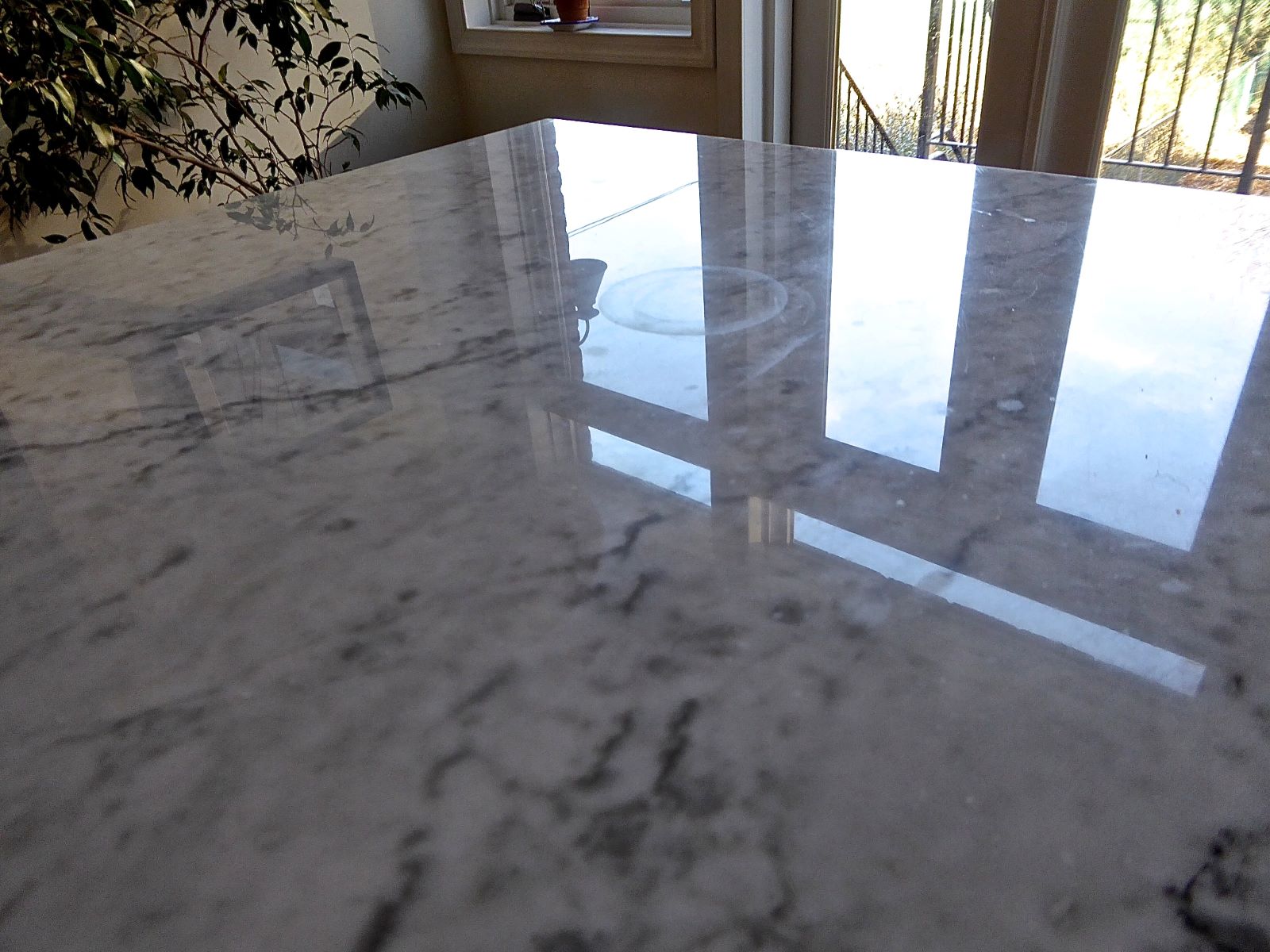
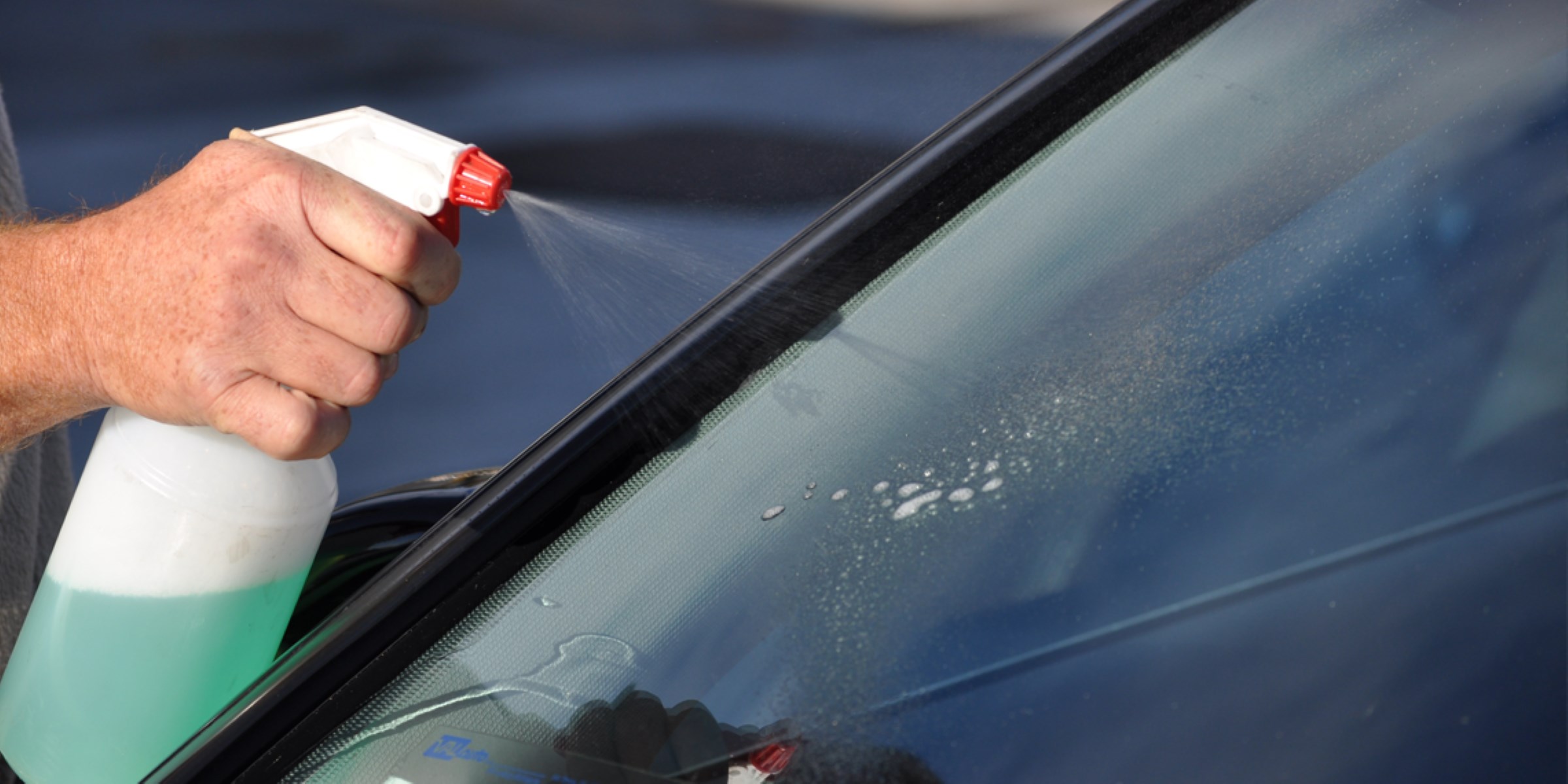
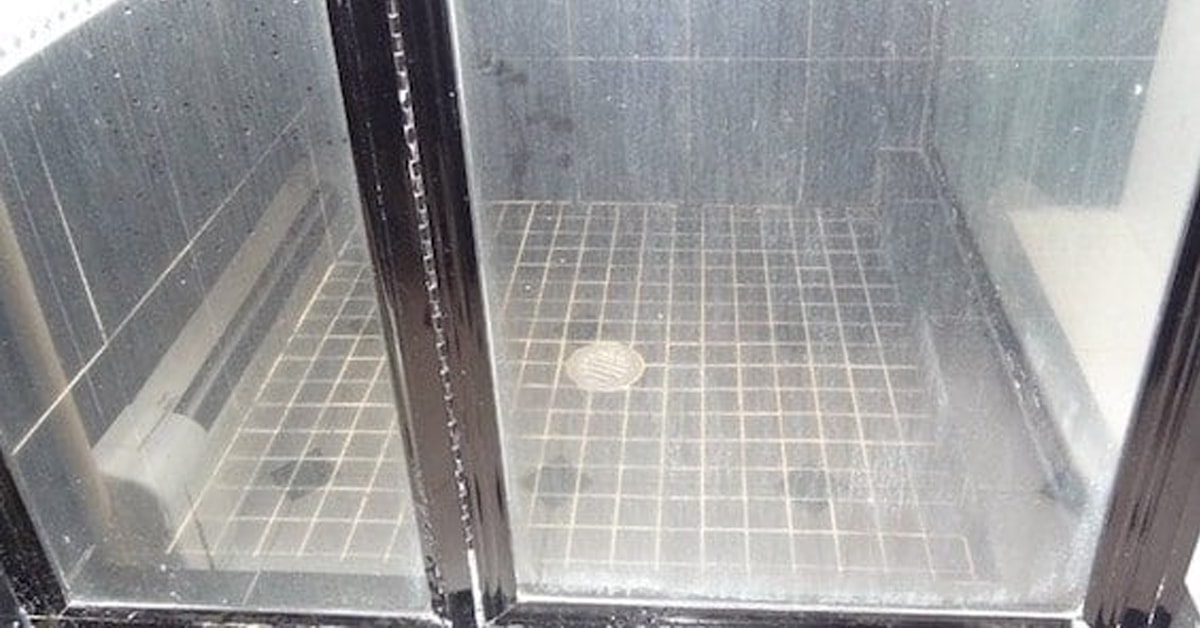
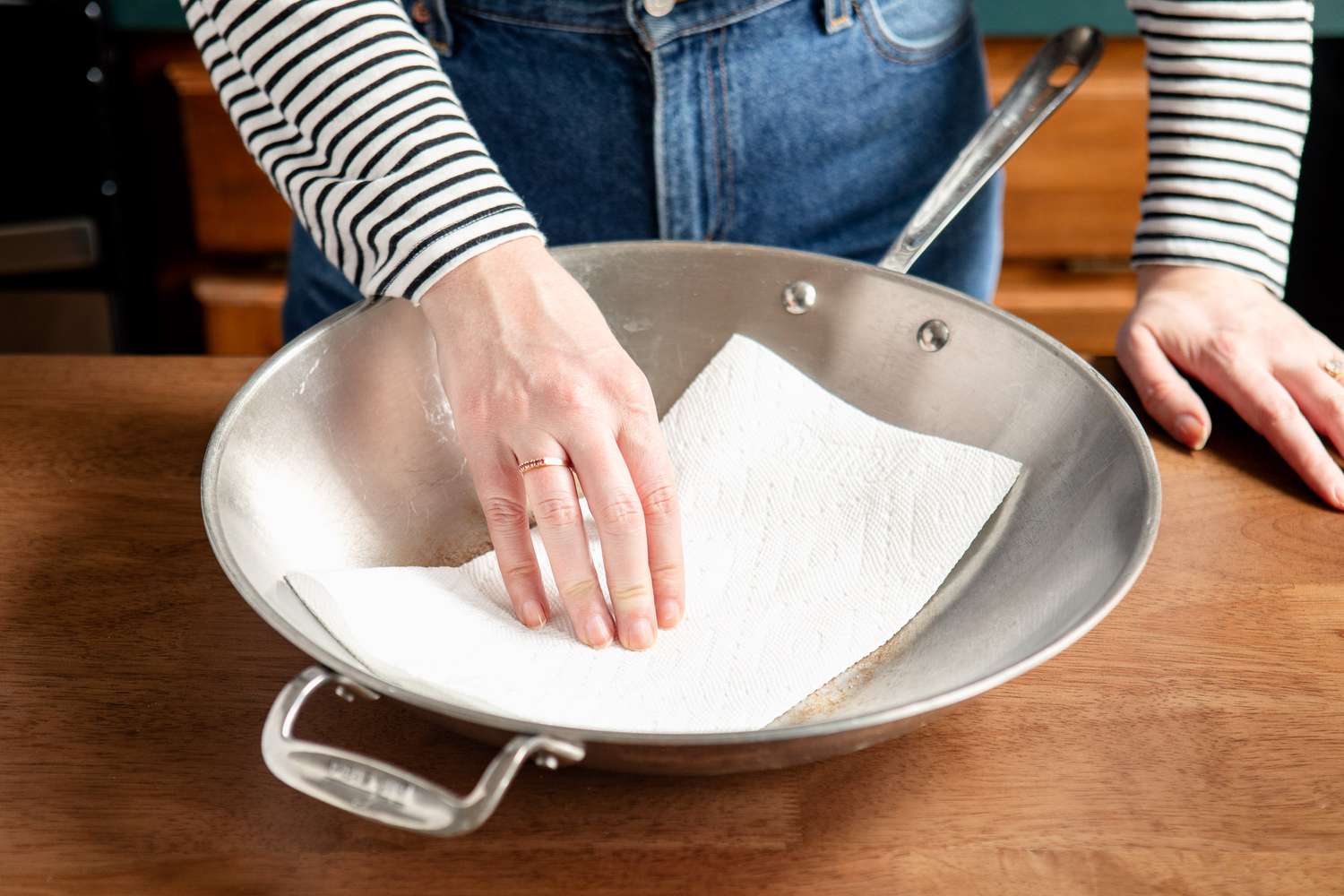
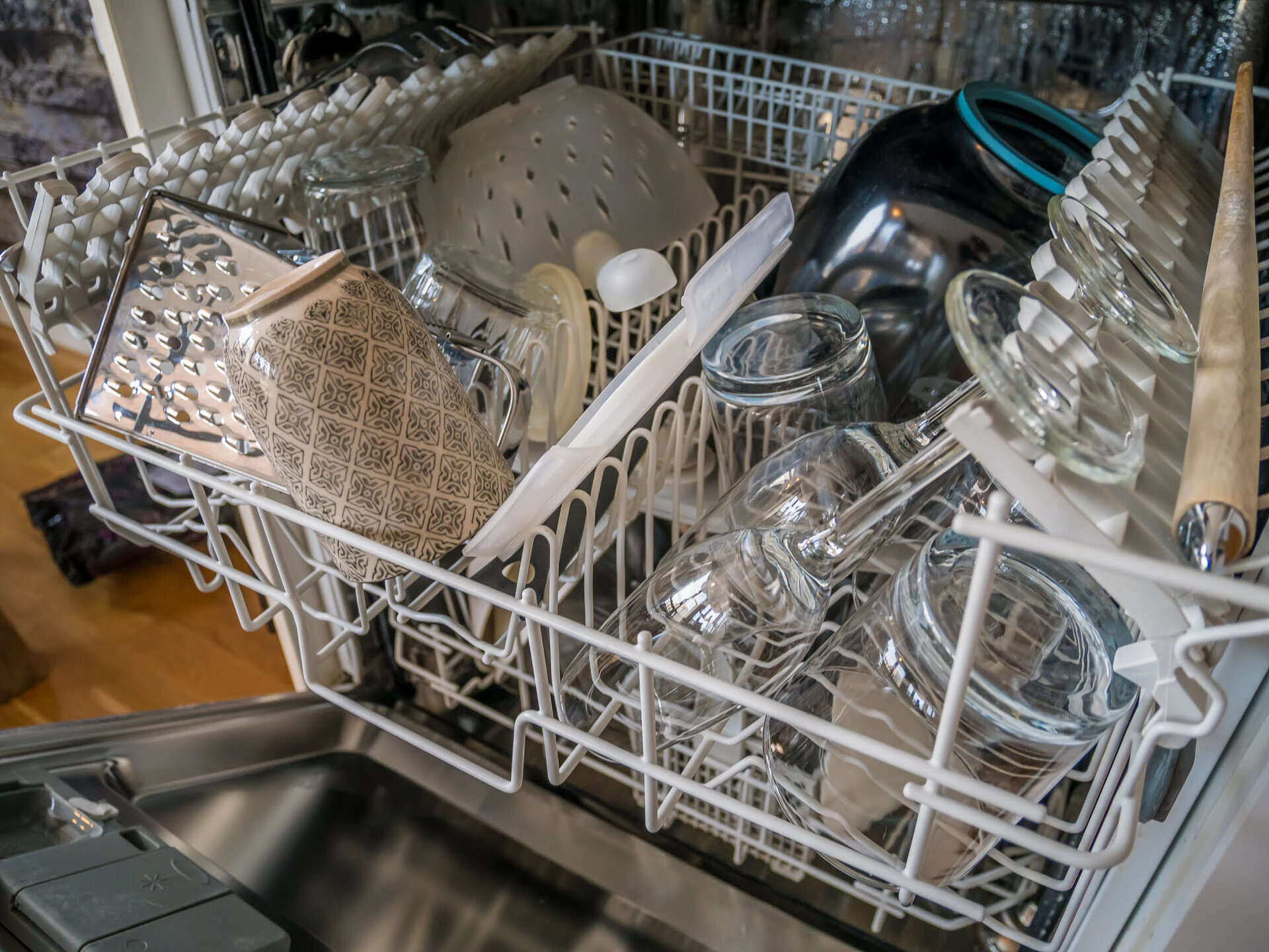
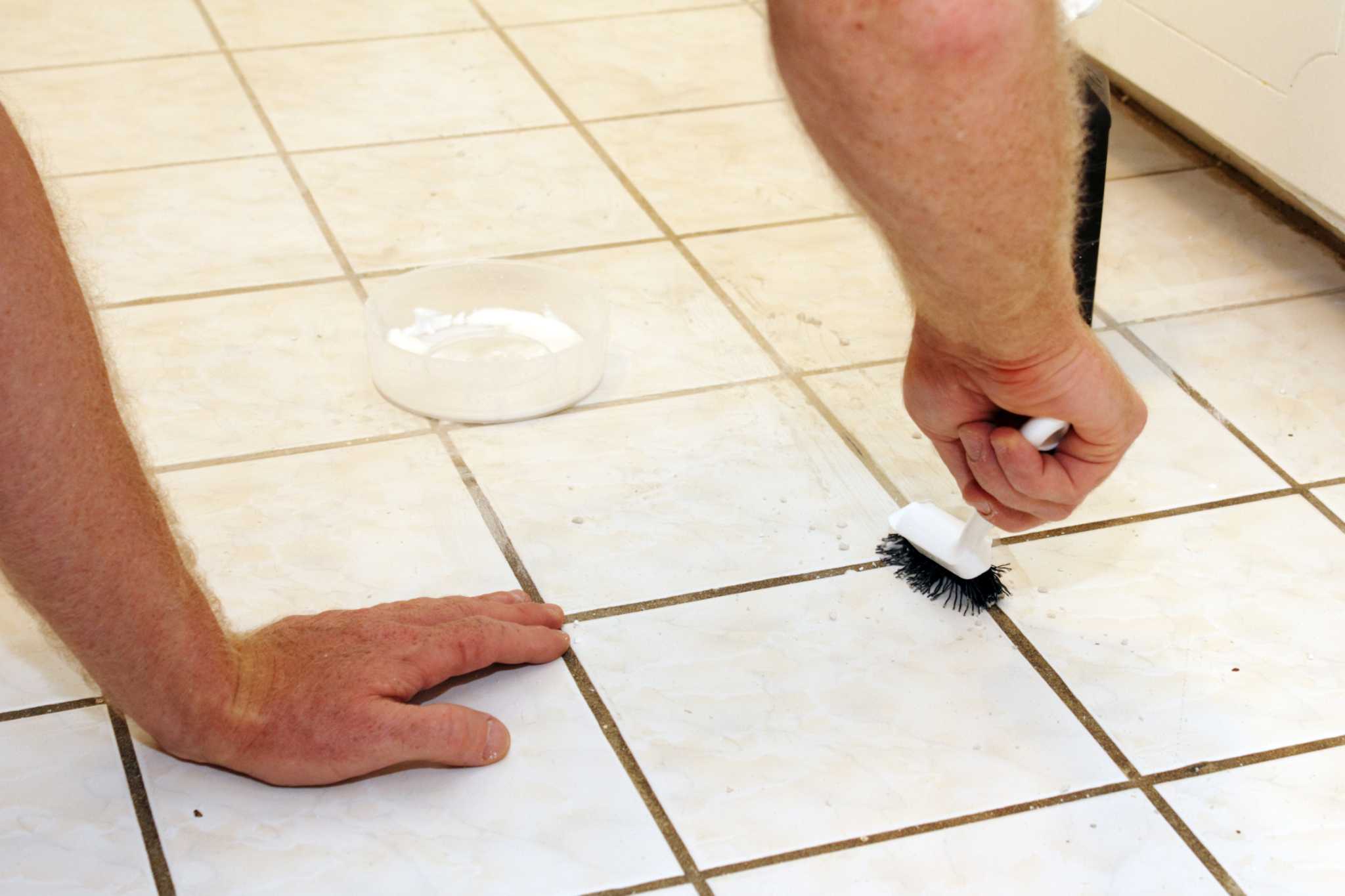
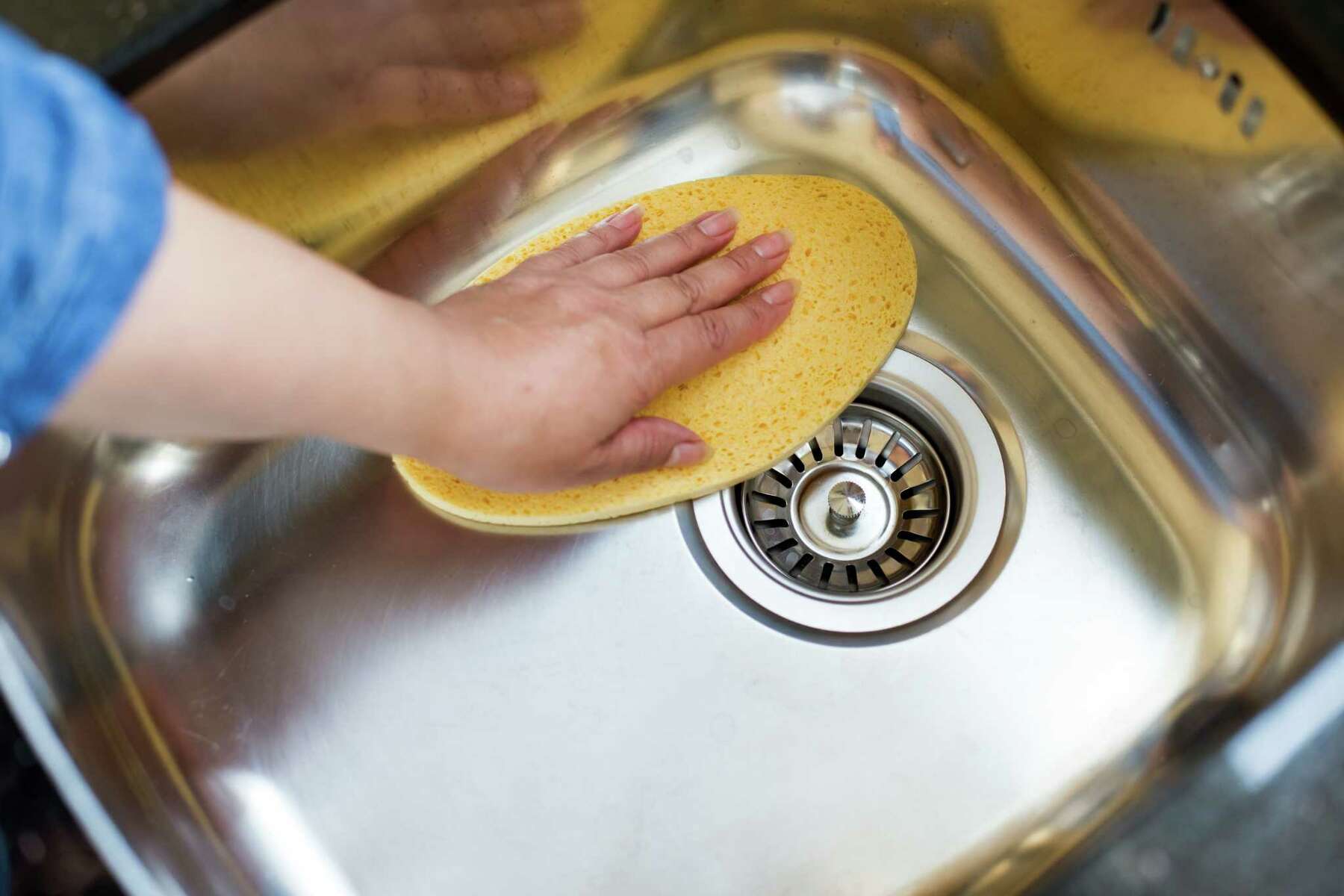
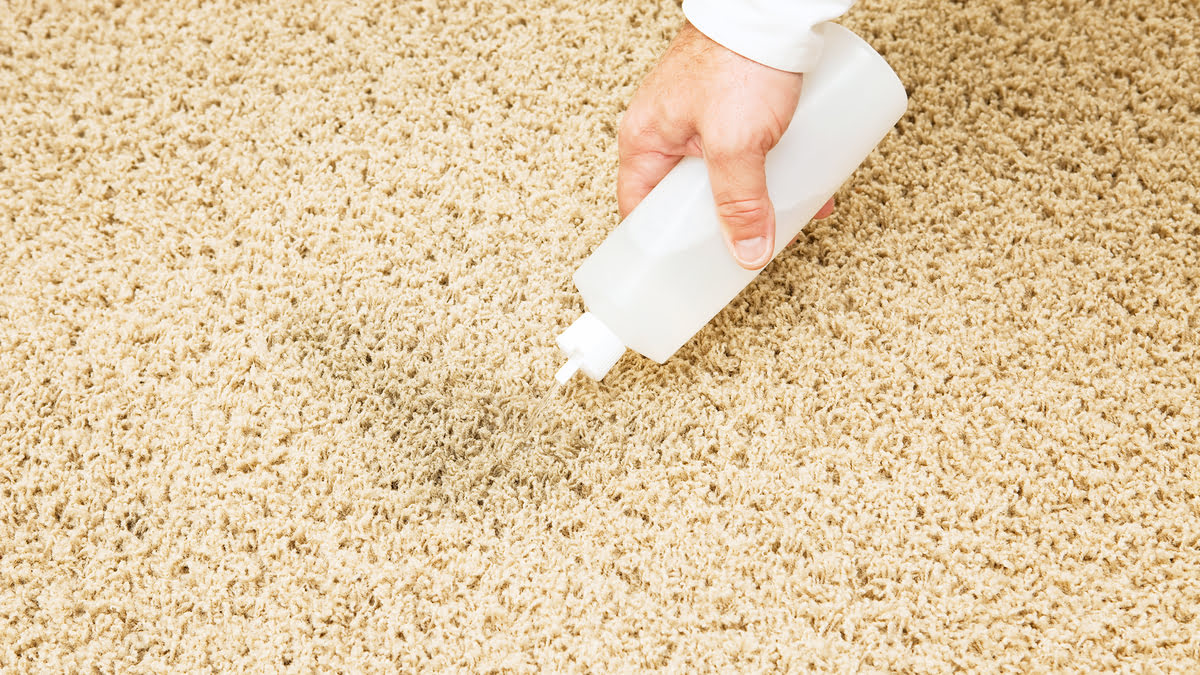
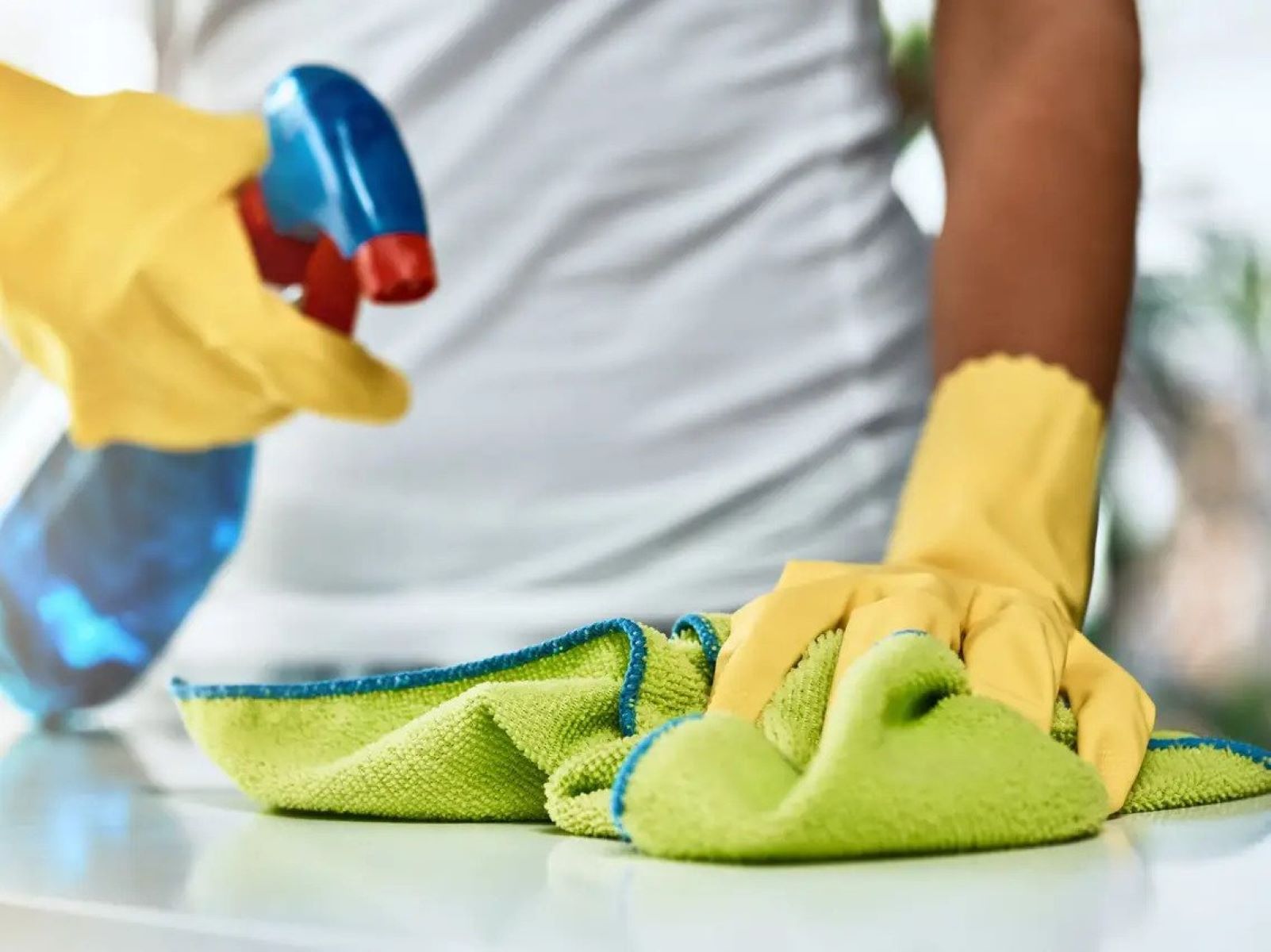
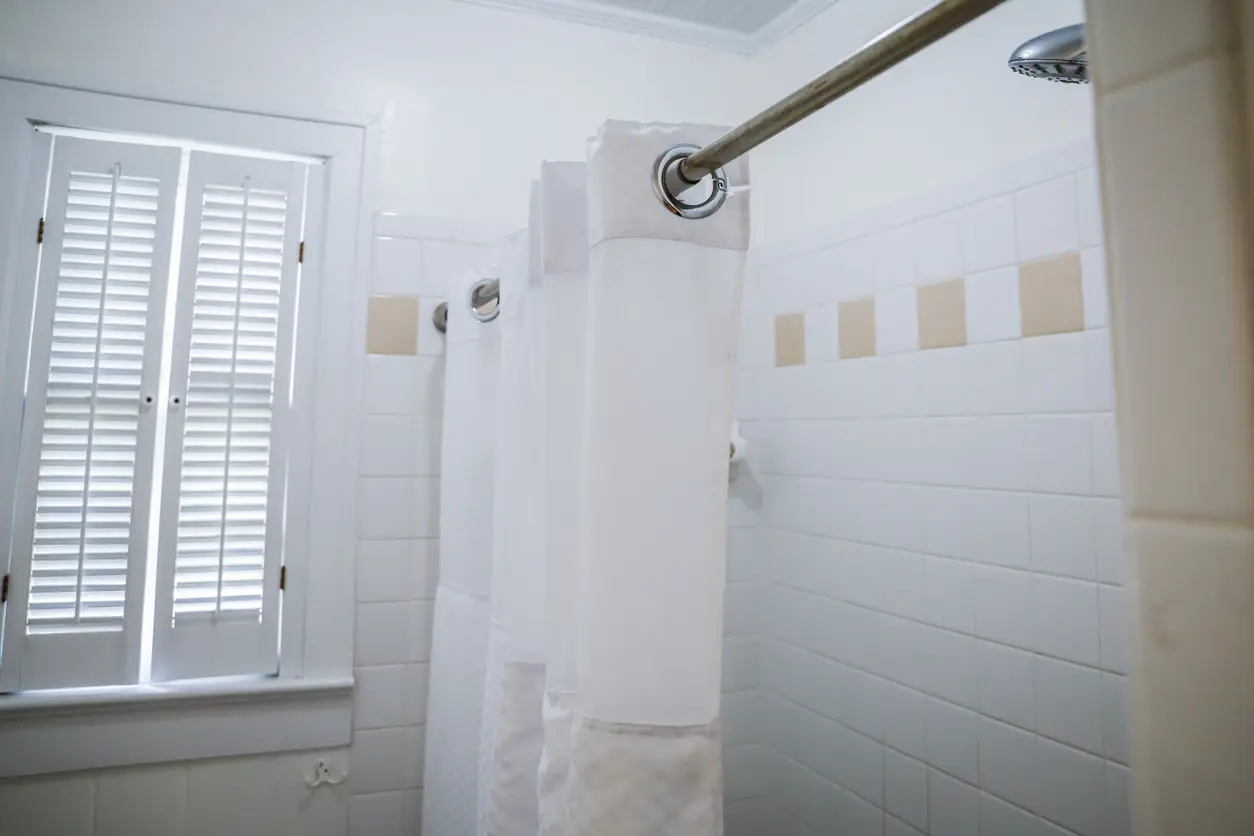
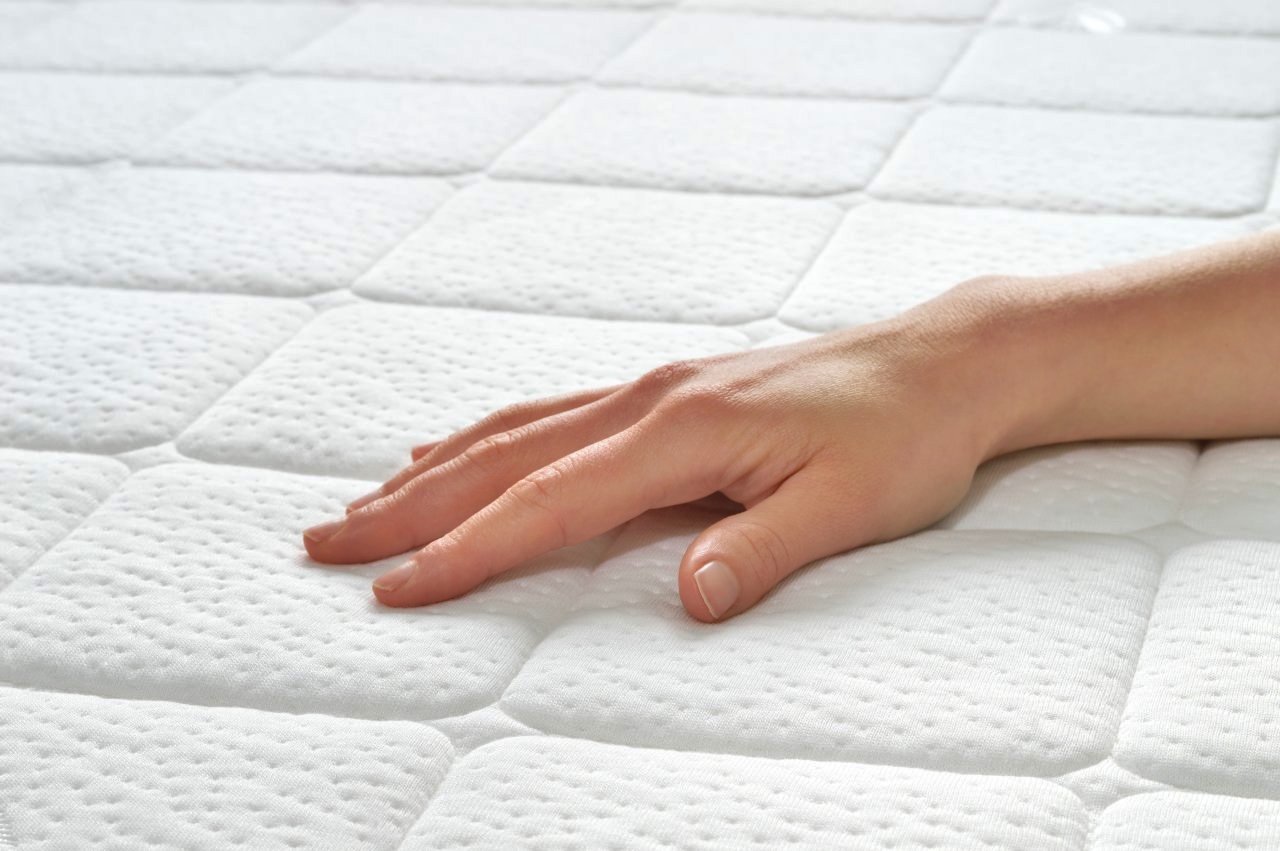
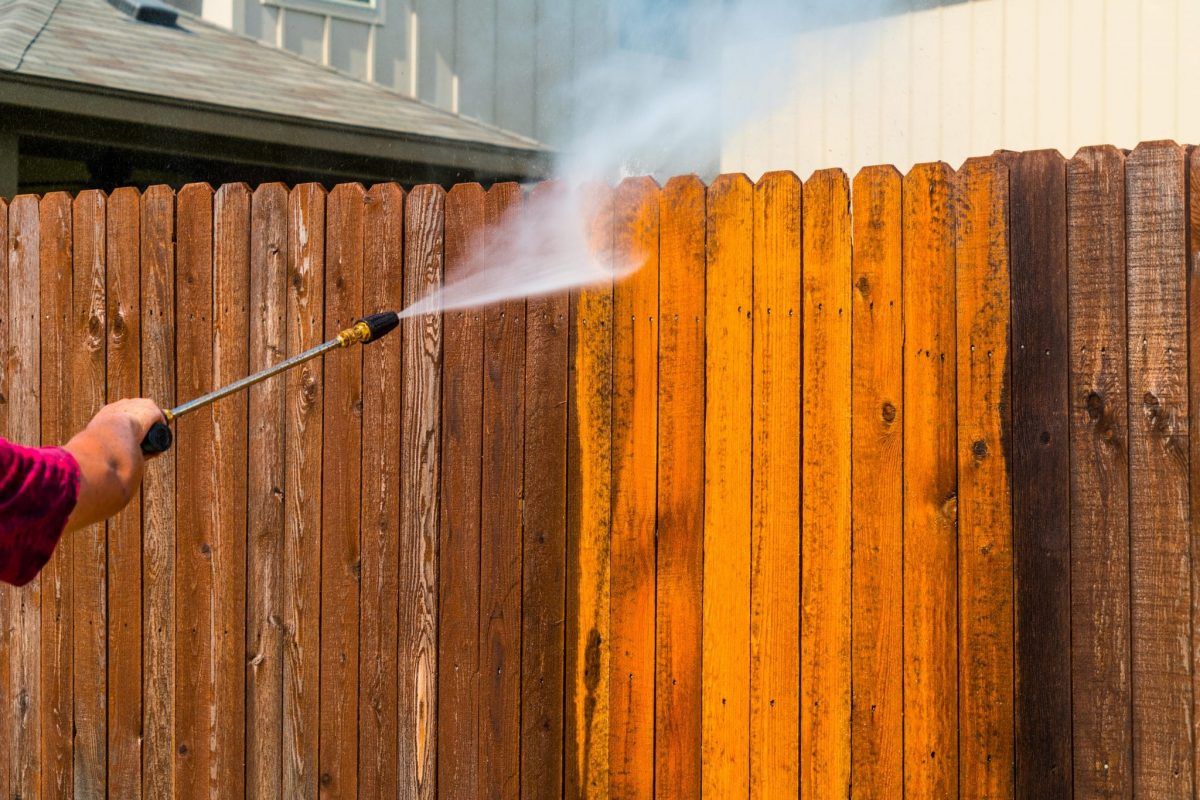
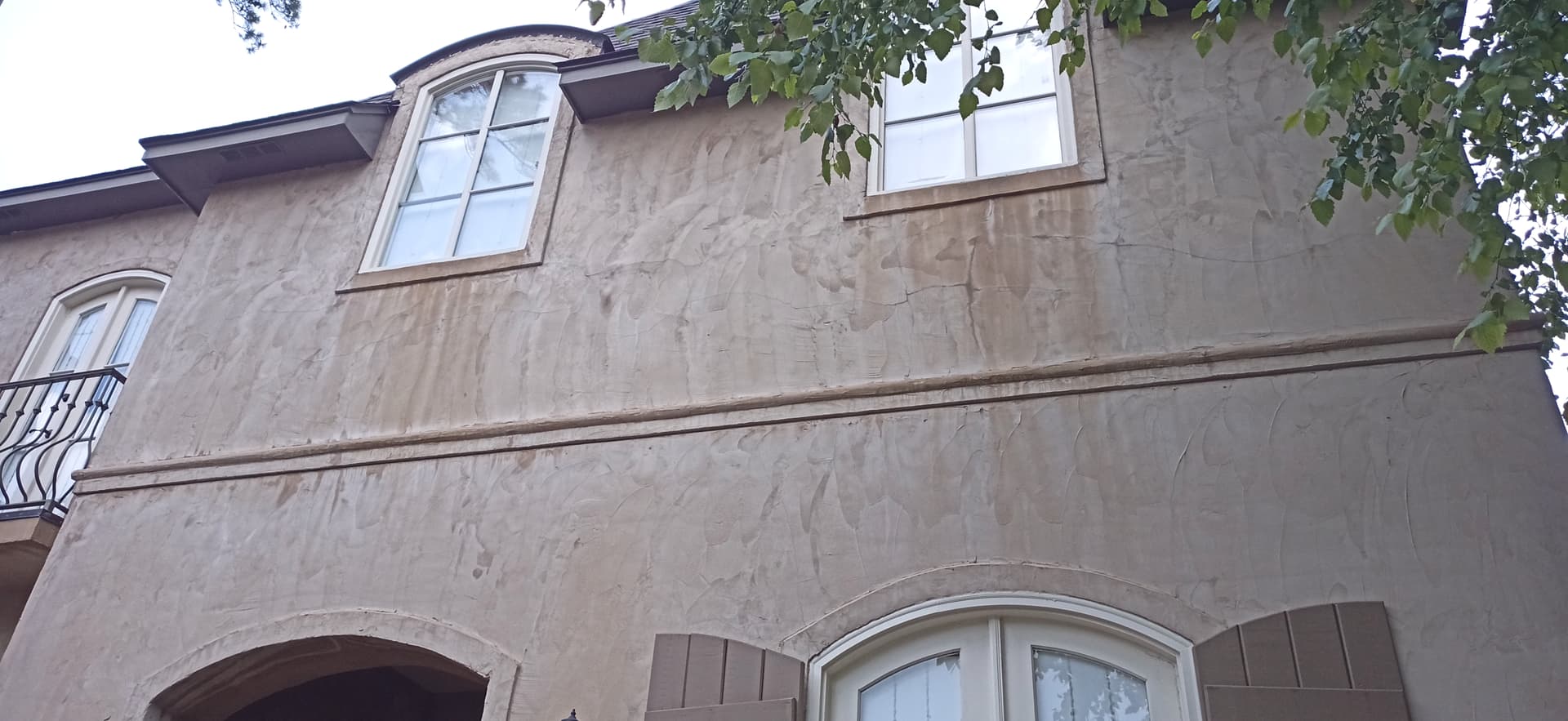

0 thoughts on “How To Remove Water Stains From Glassware”